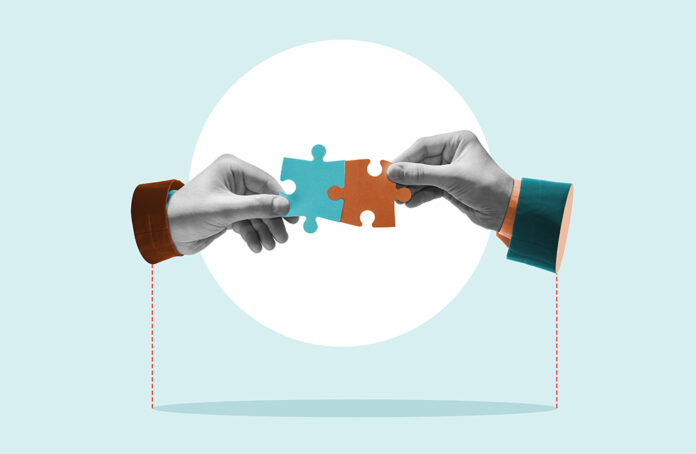“By acting to further other people’s agendas and help them meet their goals, you will ultimately be able to meet your own goals. When you help your professional relationships get the desired results, they often become inclined to help you achieve your goals. Being instrumental in their success can motivate them to be helpful to you, which can be hugely beneficial to you getting what you want in business and life. It’s all about delivering added value,” explains Frank Carone, chairman of Oaktree Solutions and co-author of Everyone Wins! How You Can Enhance and Optimize Business Relationships Just Like Ultra-Wealthy Entrepreneurs.
Ask yourself these questions:
• When someone does me a favor, do I naturally feel I owe that person something in return and seek to return the favor?
• When I offer advice, and people take it, do they tend to be indebted to me?
• Do I keep track of the favors I give, expecting favors in return?
If you responded yes to any of the questions, you implicitly follow the Law of Reciprocity.
We’re all familiar with the cause-and-effect relationship of getting to give. The most successful entrepreneurs understand this dynamic very well and regularly use it to put themselves on the receiving end of support and favors from the people they help. They constantly use this approach to build their businesses and wealth and improve their situations in myriad ways.
Suppose you want to enhance or optimize your professional relationships and consistently get the desired results over time. In that case, you need to adopt the reciprocity mindset we see among many of the accomplished and wealthiest entrepreneurs in the world.
Here’s how you can do precisely that.
When someone does you a favor, you naturally feel you owe that person something and seek to return the favor. You’re obligated to respond in kind. Likewise, when you do something valuable for others, they will feel they owe you and make efforts to “balance the scale.”
This is known as the Law of Reciprocity.
Of course, it’s more a guideline than a formal law. People you help will likely help you back, but there’s no guarantee. There are even some people for whom the Law of Reciprocity rarely, if ever, applies. Still, reciprocity is pervasive throughout human culture. One reason is that it fosters interconnectedness, which is instrumental to social evolution. People can “give away” resources without having to give them away, promoting sharing and the division of labor. The Law of Reciprocity is in evidence throughout society.
The societal benefits of the Law of Reciprocity are powerful enough that most people develop a sense of obligation to others for their beneficial actions. Consequently, we may feel internal pressures (such as anxiety) and external pressures (such as shame) to give back. For example, people who fail to give back can be ostracized and labeled freeloaders.
The upshot: The Law of Reciprocity is a powerful way to get those in your professional relationships to say yes to you. Even better, the Law of Reciprocity usually has a multiplier effect. You may receive much more than you give. By giving freely, you get back many times more.
This is not about control. Nor is it about persuasion. It’s about sincerely helping others; they are helping you, so there is more for everyone. The aim is to increase the probability of your getting the results you are looking for and helping others achieve the outcomes they want.
The Law of Reciprocity not only results in a psychological obligation to repay constructive actions but also creates a psychological obligation to receive advice and favors. Unrequested help that generates good results can produce a sense of indebtedness. The most successful entrepreneurs tend to understand this and seek to help others even before they’re asked.
Leading entrepreneurs regularly evaluate business situations intending to help the people involved. If they have powerful potential solutions to an issue, they take it upon themselves to offer those solutions to others. When these solutions produce positive outcomes, those who benefit from their generosity will likely feel they owe them a favor.
Once again, there is no guarantee that voluntarily helping someone will get you a benefit down the road. Nevertheless, leading the charge with the Law of Reciprocity by delivering value can make you more likely to get much-needed support to help you achieve your objectives.
Russ Alan Prince is the executive director of Private Wealth magazine and chief content officer for High-Net-Worth Genius. He consults with family offices, the wealthy, fast-tracking entrepreneurs and select professionals.


